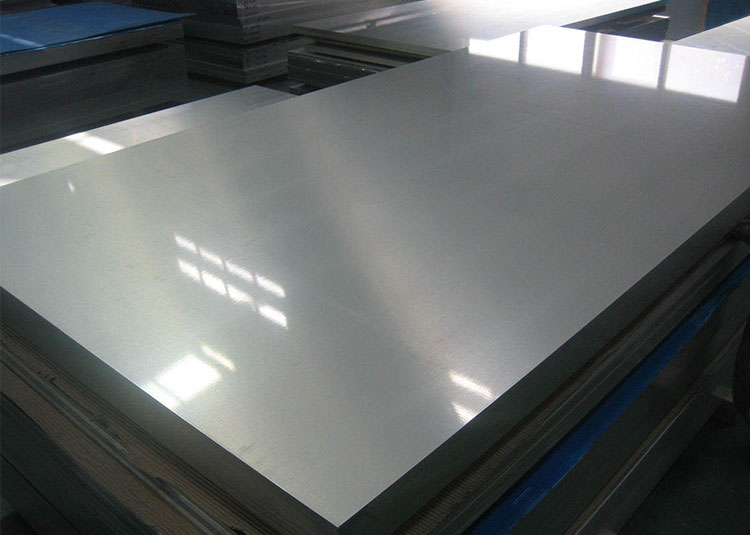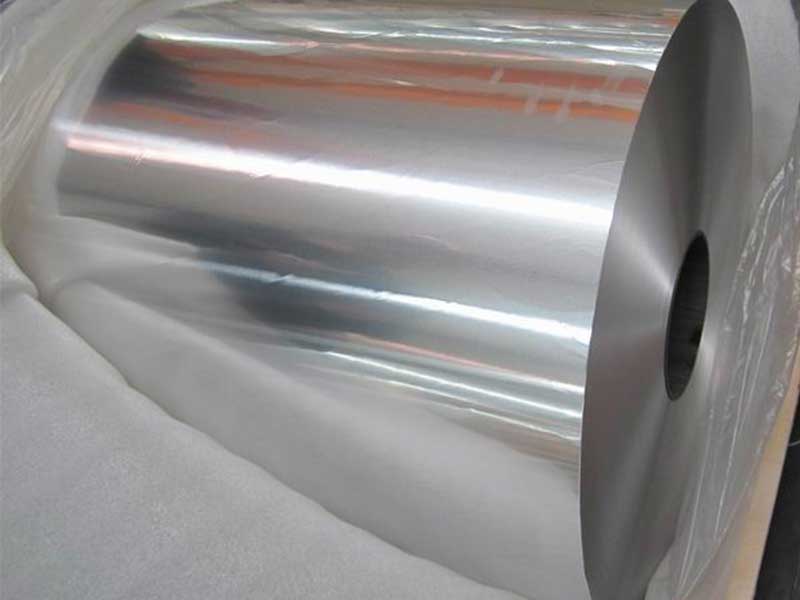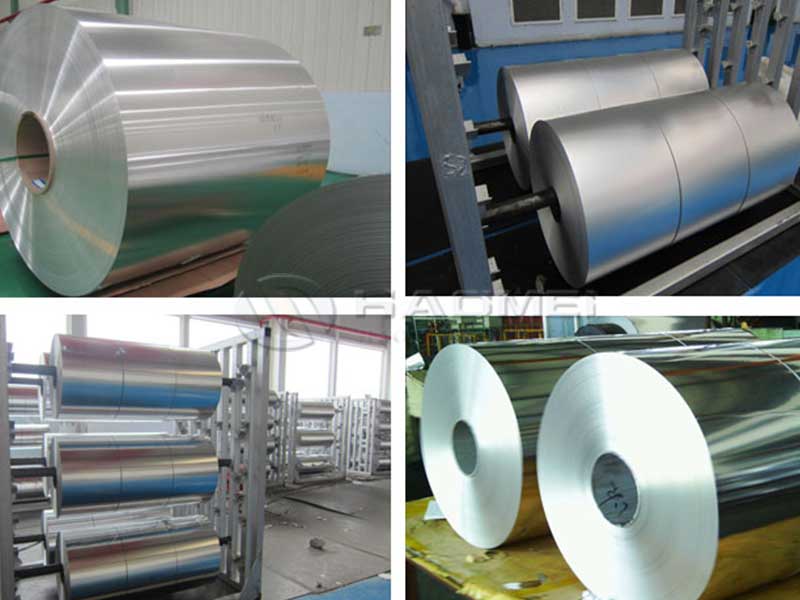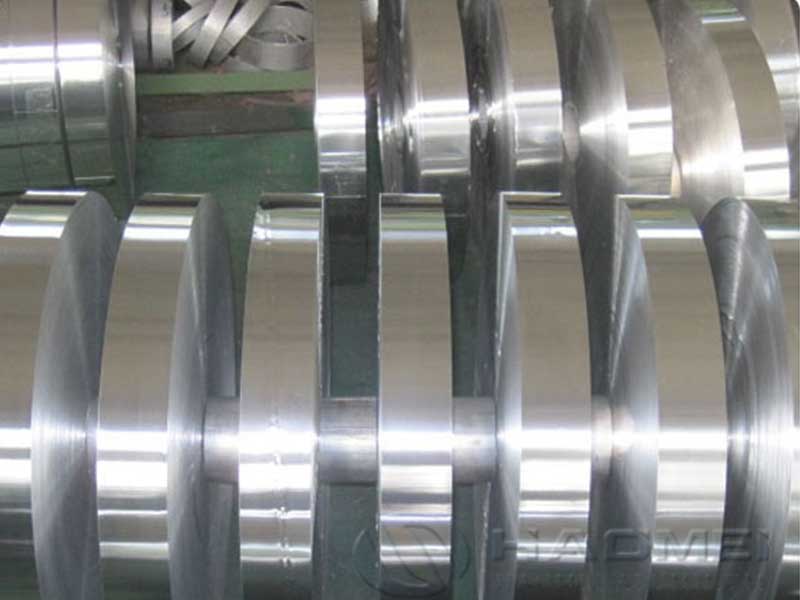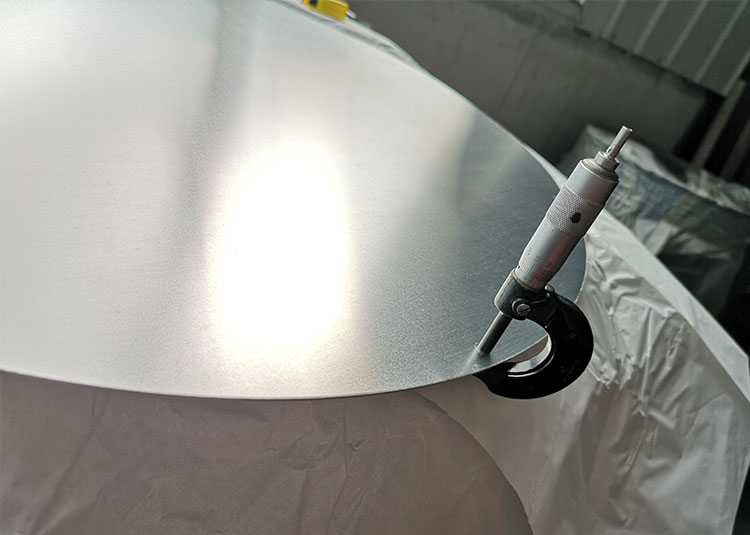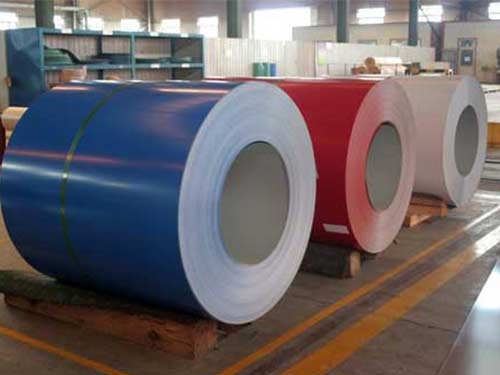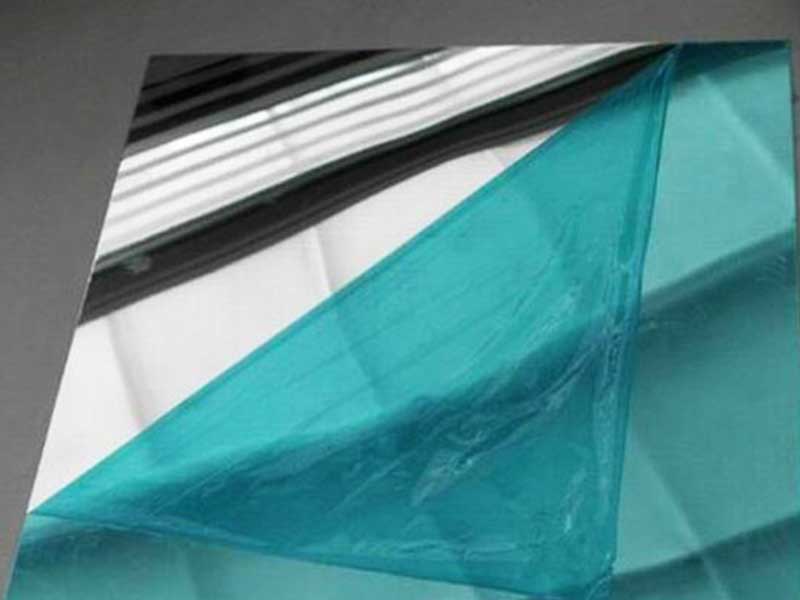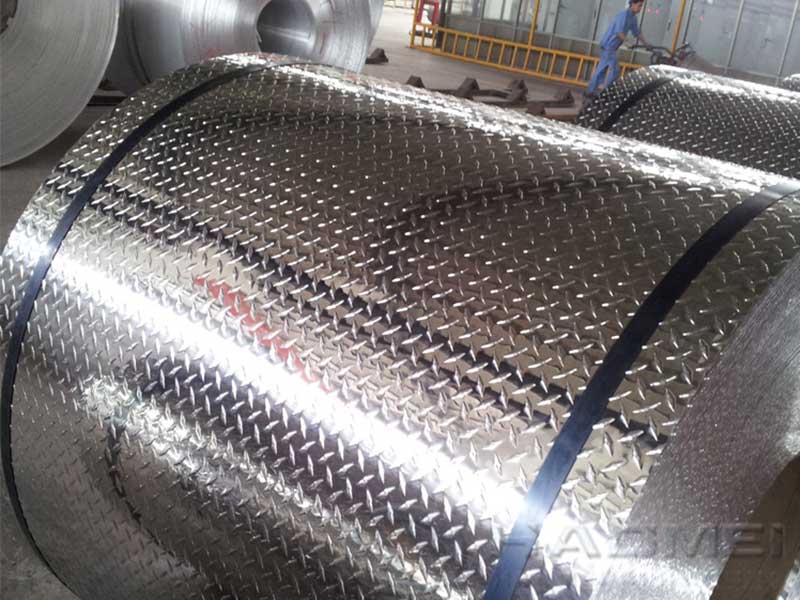Product Description:
is offering carbon steel round bar for construction at great prices with worldwide shipping. Our supplier is a world-class manufacturer of steel, with our products utilized the world over. annually supplies products to European, North American and Asian markets. We provide quotations within 24 hours of receiving an inquiry and guarantee competitive prices.
Product Applications:
Carbon steel round bar are ideal for structural applications and are widely used in the construction of buildings and bridges, and the manufacturing, petrochemical, and transportation industries.
Product Advantages:
's steel round bar RB are durable, strong, and resist corrosion.
Main Product Features:
· Premium quality
· Prompt delivery & seaworthy packing (30 days after receiving deposit)
· Corrosion resistance
· Can be recycled and reused
· Mill test certification
· Professional Service
· Competitive pricing
Product Specifications:
1. Grade: Q235, SS400, S235JR, A36
2. Sizes: Diameter: 6mm-150mm; Length: 6m, 9m, 12m or as customer’s request
3. Type: Mild steel; Low carbon steel
4. Shape: Round bar, solid bar of steel with circular section
5. Technique: Hot rolled or cold drawn
6. Mass: Mass(kg/m) = Diameter(mm)×Diameter(mm)×0.00617
Steel Type | Maximum forging temperature (°F / °C) | Burning temperature (°F / °C) |
1.5% carbon | 1920 / 1049 | 2080 / 1138 |
1.1% carbon | 1980 / 1082 | 2140 / 1171 |
0.9% carbon | 2050 / 1121 | 2230 / 1221 |
0.5% carbon | 2280 / 1249 | 2460 / 1349 |
0.2% carbon | 2410 / 1321 | 2680 / 1471 |
3.0% nickel steel | 2280 / 1249 | 2500 / 1371 |
3.0% nickel–chromium steel | 2280 / 1249 | 2500 / 1371 |
5.0% nickel (case-hardening) steel | 2320 / 1271 | 2640 / 1449 |
Usage and Applications of Carbon Steel Round Bar
Carbon steel round bar is the most common form of steel because its price is relatively low while it provides material properties that are acceptable for many applications, more so than iron. It is often used when large quantities of steel are needed, for example as structural steel. The density of this product is approximately 7.85g/cm³ and the young's modulus, like all steels.
Packaging & Delivery of Carbon Steel Round Bar
Packaging Detail: All goods are packed in bundle with steel strips and shipped by break bulk vessel or container (depend on target market and different ports)
Delivery Detail: 45 days
Trade terms: FOB, CFR, CIF
MOQ: 25 tons per specification; we can negotiate the quantity if the specification is normal or we have stock of one specification.
Weight: The price invoicing on theoretical weight basis or actual weight basis depends on customer’s request.
Shipment: The shipment of bulk break or container is depends on customer’s request and the situation of the port of destination.
Documents given: Full set of original clean on board bill of lading; Original signed commercial invoice; Original packing list; Policy of insurance; Certificate of origin and what the target market needs.
Production Flow of Carbon Steel Round Bar
1. The common processes are preheated forging quenching, dual refinement solution process, cooling quenching and isothermal quenching. We use heat treatment for dual refinement solution process. The main measures process is high temperature solution and refinement cycle. High temperature solution can improve the carbide morphology and particle size. The aim is to make the loop refinement ultrafine austenite grains.
2. EAF+LF+VD+ Forged+ Heat Treatment
FAQ:
Q1: How do we guarantee the quality of our products?
A1: We have established an advanced quality management system which conducts strict quality tests at every step, from raw materials to the final product. At the same time, we provide extensive follow-up service assurances as required.
Q2: What makes stainless steel stainless?
A2: Stainless steel must contain at least 10.5 % chromium. It is this element that reacts with the oxygen in the air to form a complex chrome-oxide surface layer that is invisible but strong enough to prevent further oxygen from "staining" (rusting) the surface. Higher levels of chromium and the addition of other alloying elements such as nickel and molybdenum enhance this surface layer and improve the corrosion resistance of the stainless material.
